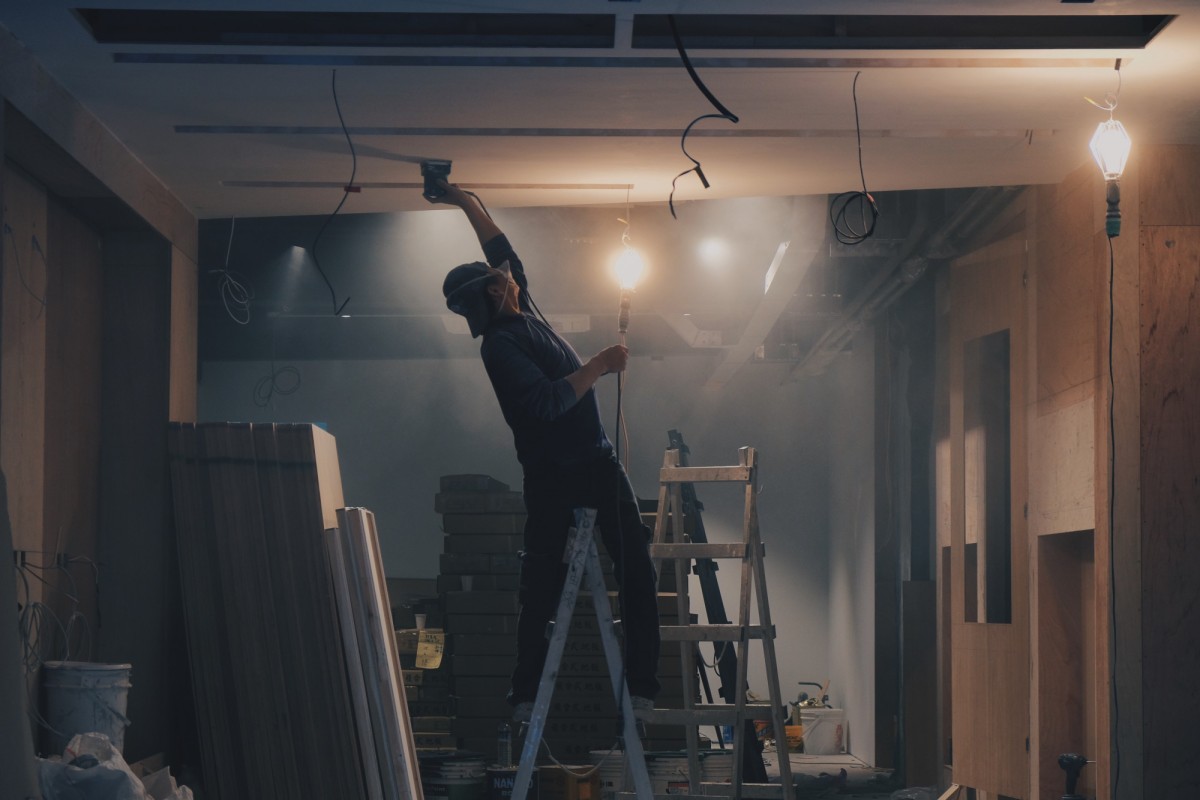
Small repairs inside the home or fixing something installed in the rental apartment often raises the question of who is responsible for paying these expenses: the owner or the tenant? Here we explain everything.
Maintenance work
According to Portuguese law, if the opposite is not agreed, the owner is responsible for all maintenance work (ordinary or extraordinary) required by law or for the termination of the lease.
For example, electrical system repairs or those resulting from leaks, even if the damage is due solely to wear and normal use of the property, periodic inspections of heating systems or repairs of electric blinds and cracks in the walls must be made and paid by the owner (ordinary works).
It is a different situation when damage to property or equipment results from misuse by the tenant, in which case the responsibility for the repair lies with the tenant.
Furniture and household appliances
When the house is rented furnished and equipped with appliances, it is essential that the contract stipulates who will be responsible for the respective repair in case of deterioration or need for repair.
The law establishes that the lease of furnished property and its accessories is presumed to be unitary, giving rise to a single rental and subject to the general rules and principles of the lease. However, since doubts often arise between the damages resulting from normal wear and tear (ordinary works) and those resulting from improper use, the parties must regulate these situations from the beginning, in order to avoid future discussions on these matters.
Urgent or coercive work
The tenant may only carry out works in a rented dwelling when the contract allows this or when they have the written authorisation of the landlord, or in situations of urgent or coercive work that the landlord has not performed within the framework of the legal regime of the works in the rented buildings.
If the landlord has not carried out the works that were his responsibility on time, namely the repair and other expenses and these, due to urgency, are not compatible with the delays of a judicial process of summons of the landlord, the tenant may carry out said works, with the right to the corresponding reimbursement.
Right to reimbursement
However, the legitimate execution of the works and the right to reimbursement require prior communication to the owner about the need and urgency of the works. Also, a reminder that they will be executed directly by the tenant if the owner does not carry them out.
In extreme situations where the urgency does not allow any delay or postponement, the tenant can make repairs or expenses and be reimbursed for them, provided that they communicate them to the landlord at the same time as the expenses are incurred.
The Portuguese courts have considered that, in certain situations, when the landlord does not carry out the works to which they are legally linked and when such works are an essential and sufficient condition for the tenant to enjoy the property, the possibility that the tenant invokes that lack of works as justification of the non-payment of the rent.
* Article prepared by Paula Henriques Lourenço, Department of Real Estate Law, Belzuz Abogados S.L.P. - Branch in Portugal